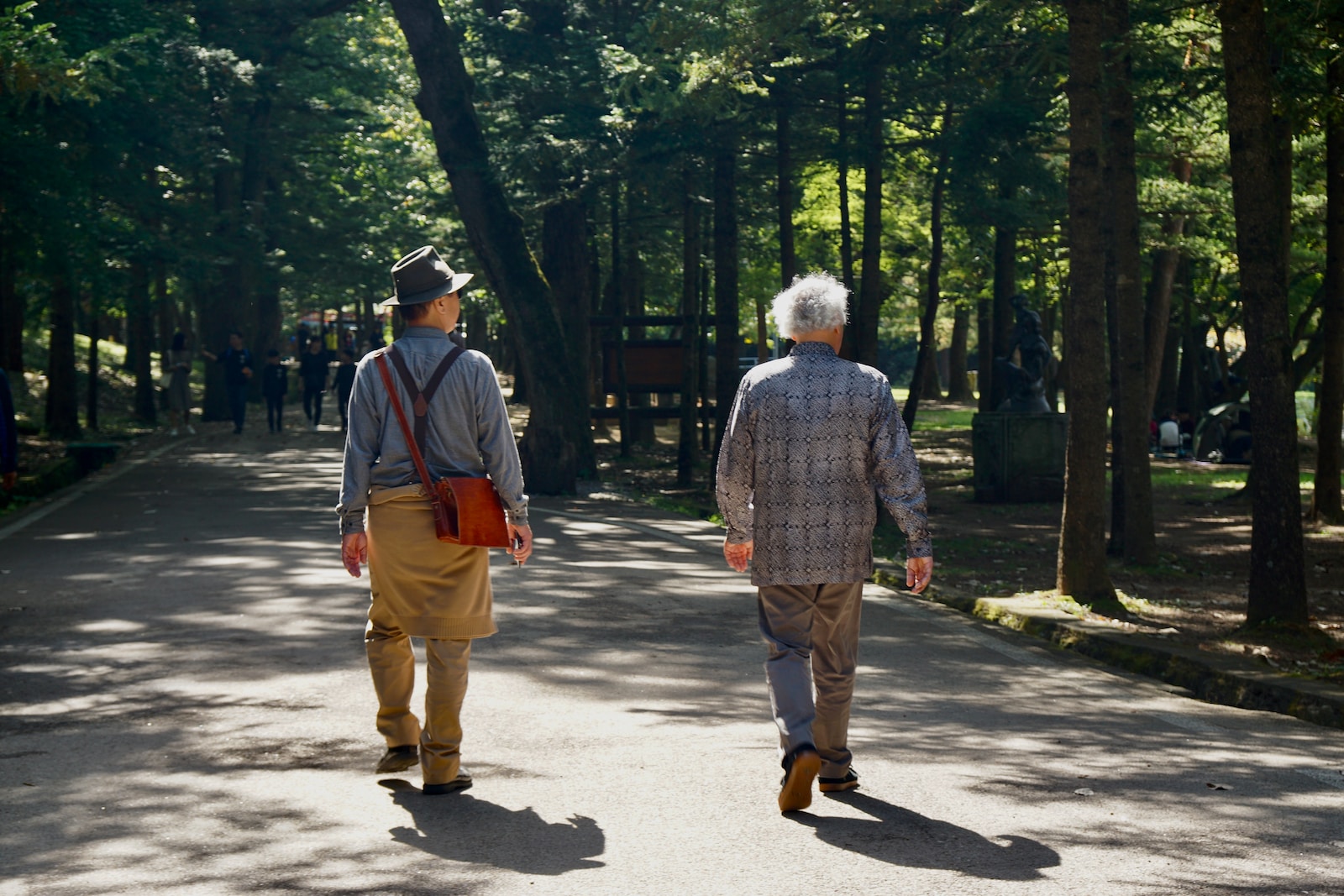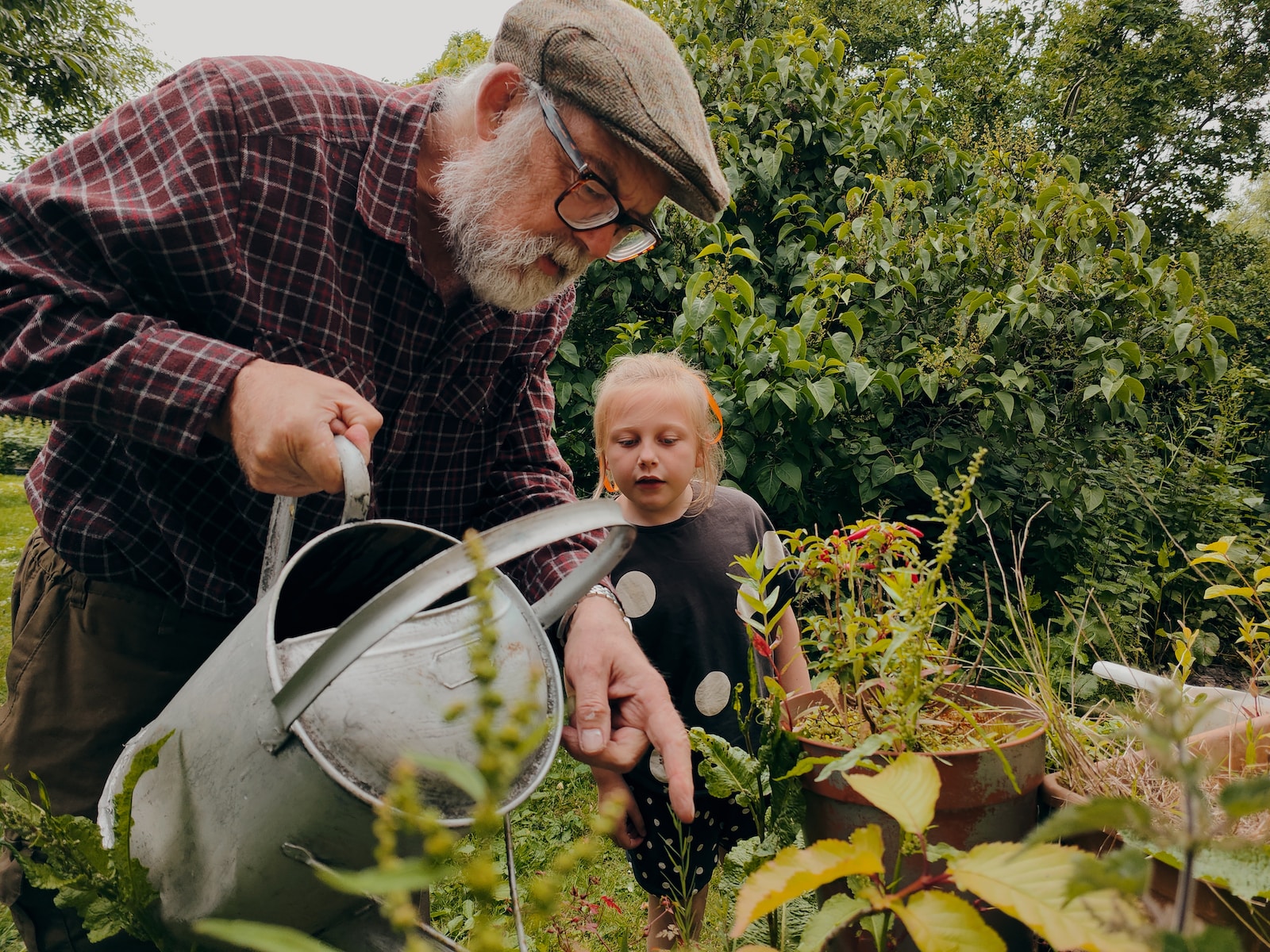Share this article with your network of friends!
Losing a lifelong friend is a deeply painful experience, particularly as we reach our senior years when our bonds with friends are cherished and have stood the test of time. Coping with the loss of a lifelong friend can be overwhelming, but it is essential to navigate this grief and honor their memory while also finding ways to heal and move forward. In this article, we will explore strategies and insights to help seniors cope with the death of a lifelong friend, fostering healing, and finding solace during this difficult time.
1. Acknowledge and Validate Your Grief:
– Recognize the Impact: Losing a lifelong friend is a significant loss, and it is essential to acknowledge the depth of your grief. Give yourself permission to mourn and understand that grieving is a natural and necessary process.
– Express Your Emotions: Allow yourself to feel the range of emotions that accompany grief, such as sadness, anger, guilt, or confusion. Find healthy outlets to express these emotions, whether through journaling, talking to a trusted confidant, or joining a support group.
2. Seek Support from Others:
– Lean on Your Support Network: Reach out to family members, other friends, or a grief support group. Sharing your feelings and memories with others who understand the depth of your loss can provide comfort and validation.
– Honor Their Memory Together: Consider organizing a gathering or memorial event with mutual friends or family members to honor and celebrate your lifelong friend’s life. Sharing stories, laughter, and tears can be a healing and cathartic experience.
3. Embrace Self-Care:
– Prioritize Your Well-being: During times of grief, it is crucial to care for your physical, emotional, and mental well-being. Make time for activities that bring you solace, such as engaging in hobbies, spending time in nature, practicing mindfulness or meditation, or seeking therapy if needed.
– Maintain Healthy Routines: Establish a daily routine that includes regular exercise, proper nutrition, and sufficient rest. Engaging in activities that nourish your mind and body can help provide a sense of stability during the grieving process.
4. Celebrate and Preserve Their Legacy:
– Cherish Memories: Remember and celebrate the memories you shared with your lifelong friend. Create a tribute, such as a scrapbook or photo album, that captures the essence of your friendship and the moments you cherished together.
– Continue Their Legacy: Find meaningful ways to honor your friend’s memory by carrying forward their values, passions, or causes they held dear. Engage in acts of kindness or volunteer work in their honor, establishing a lasting legacy of their impact.
5. Allow Yourself to Heal at Your Own Pace:
– Be Patient with Yourself: Grief is a unique and individual journey, and there is no set timeline for healing. Allow yourself to grieve and heal at your own pace, without feeling pressured to “move on” or “get over” the loss.
– Seek Professional Support: If your grief becomes overwhelming or begins to interfere with your daily life, consider seeking support from a grief counselor or therapist who specializes in bereavement. They can provide guidance and tools to navigate your grief journey.
Coping with the death of a lifelong friend is an emotionally challenging experience, especially as seniors who have shared a lifetime of memories. Remember that grief is a natural process, and it is essential to honor your emotions and seek support from your support network. Embrace self-care, preserve their memory, and allow yourself the time and space to heal at your own pace. Although the loss of a lifelong friend is profound, it is through cherishing their memory, supporting one another, and finding solace in shared experiences that we can navigate this grief and move forward while carrying their legacy in our hearts.
DISCLAIMER: This website contains articles for informational and entertainment purposes only. No articles on this website should be considered as professional advice for any medical, legal, or financial matter. Advertisements and content may contain affiliate links, where the website earns a commission for sales derived from our users.





